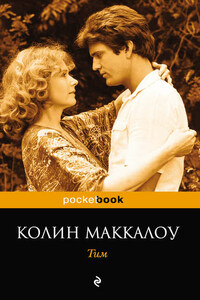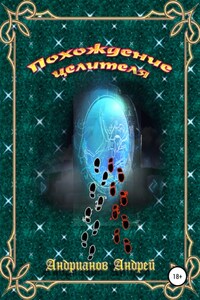ONE
The long, late light threw a gilt mantle over the skeletons of shrubs and trees scattered through the Shelby Manor gardens; a few wisps of smoke, smudged at their edges, drifted from the embers of a fire kindled to burn the last of the fallen leaves, and somewhere a stay-behind bird was chattering the tuneless nocturne of late autumn. Watching the sunset from her usual seat in the bay window, Mary felt a twisting of her heart at its blue-gold glory, soon to be a memory banked inside the echoing spaces of her mind. How much longer? Oh, how much longer?
Came the rattle and tinkle of the tea tray as Martha bore it in; she deposited it carefully on the low table flanking the wing chair in which the mistress of Shelby Manor slumbered. Sighing, Mary turned from the window and took her place, setting a delicate cup in its frail saucer, then another for herself. How lucky they were to have Old Jenkins! Still harvesting an occasional cucumber from his frames. And how lucky that Mama relished cucumber slices atop her bread-and-butter! She would wake to see the treats sitting on a sprightly doily, and care not that the cake was three days old.
“Mama, tea has arrived,” said Mary.
Bundled in shawls and wraps, the little round body jerked; its little round face puckered up peevishly, scowled at being roused. Then the faded blue eyes opened, saw the cucumber atop the bread-and-butter, and a preliminary joy began. But not before the everyday complaint was uttered.
“Have you no compassion for my poor nerves, Mary, to wake me so abruptly?”
“Of course I do, Mama,” Mary said perfunctorily, pouring milk into the bottom of her mother’s cup, and tilting the fine silver teapot to pour an amber stream on top of the milk. Cook’s girl had done well with the sugar, broken it into good lumps; Mary added one of exactly the right size to the tea, and stirred the liquid thoroughly.
All of which occupied her for perhaps a minute. Cup and saucer in her hand, she looked up to make sure Mama was ready. Then, not realising she had done so, she put her burden down without removing her eyes from Mama’s face. It had changed, taken on the contours and patina of a porcelain mask from Venice, more featureless than expressionless. The eyes still stared, but at something far beyond the room.
“Oh, Mama!” she whispered, not knowing what else to say. “It came all unaware.” She closed those eyes with the tips of her fingers, eyes that somehow seemed to contain more knowledge of life than ever they had during that life, then kissed Mama’s brow. “Dear God, You are very good. I thank You for Your mercy. How afraid she would have been, had she known.”
The bell cord was in reach; Mary tugged it gently.
“Send Mrs Jenkins to me, Martha, please.”
Armed with plenty of excuses — what more could the sour old crab ask for than out-of-season cucumber? — Mrs Jenkins came in girded for battle. But the look Miss Mary wore banished her anger at once. “Yes, Miss Mary?”
“My mother has passed away, Mrs Jenkins. Kindly send for Dr Callum — Old Jenkins can go in the pony and trap. Tell Jenkins to saddle the roan, pack his needs and be ready to ride for Pemberley as soon as I have written a note. He is to have five guineas from your jar for his journey, for he must make all haste. Good inns, good hired horses when the roan cannot carry him farther.”
Mary’s voice held its usual composure; no huskiness, no tremor to betray her feelings. For nigh on seventeen years, thought Mrs Jenkins, this poor woman has listened to her mother’s megrims and woes, moans and complaints — when, that is, she wasn’t listening to shrill outpourings of delight, triumph, self-congratulation. Saying just the right thing, competently averting an attack of the vapours, jockeying Mrs Bennet into a better mood as briskly and unsentimentally as a good governess a wayward child. And now it was over. All over.
“Begging your pardon, Miss Mary, but will Jenkins find Mr Darcy at home?”
“Yes. According to Mrs Darcy, Parliament is in recess. Bring me Mama’s pink silk scarf, I would cover her face.”
The housekeeper bobbed a curtsey and left, a prey to many doubts, fears, apprehensions. What would become of them now, from Father to young Jem and Dora?
The scarf properly draped, the fire stoked against the coming night of frost, the candles lit, Mary went to the window and sat on its cushioned seat, there to reflect on more than this visitation from Death.
Of grief she felt none: too many years, too much boredom. In lieu of it, she fastened upon a growing sense of becalm, as if she had been transported to some vast chamber filled by a darkness that yet was luminous, floating on an invisible ocean, not afraid, not diminished.














